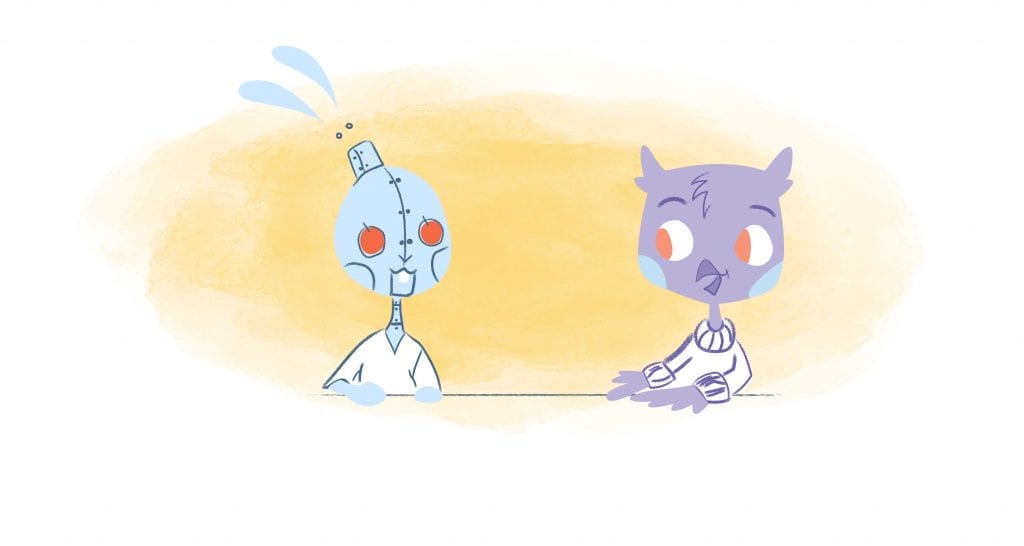

Businesses tend to treat Generation Z like Millennials at their own peril. The latest generation to join the workforce is more than just a younger breed of those who came before. They are hungrier, more technologically savvy and less forgiving of leaders who fail to meet their expectations.
Companies and managers who want to attract and retain top talent should be wary of the following dangers when leading their first Gen Z hires:
1. Task-oriented management.
Generation Z is more than entrepreneurial. Recent high school and college graduates grew up in an online world that made side hustles possible for everyone. That access to tech taught them to be self-starters, and they have no interest in working for companies that tell them what to do and how to do it.
Micromanaging has never been a great tactic for any leader, but members of Gen Z are even less responsive to taskmasters than older generations. Research from Harvard Business Review found that 70 percent of teenagers today are self-employed in some capacity. People who spent their teen years hustling for their own cash don’t want managers who give them the “this is how we do things” spiel.
To lead Gen Z hires, managers should focus less on processes and more on problems. Gen Z workers grew up figuring things out for themselves. Give them opportunities to fix problems in the office, and watch their creativity shine.
2. Digital overload.
Just because Gen Z grew up online doesn’t mean they prefer chatrooms to conference tables. Millennial Branding and Randstad US discovered that 53 percent of young people prefer face-to-face communication over digital options, including video conferencing.
Leaders of Gen Z workers should not mistake digital ability for digital affinity. Recent graduates deserve the same respect of in-person conversations that their peers receive. For remote workers, that means trips to the main office to spend time with colleagues. In-house employees are fine with IMs for quick questions, but they prefer to have long or in-depth conversations in person.
This danger is less about what Gen Z is and more about what it isn’t. Just like Millennials are not some new breed of never-before-seen human, the latest hires are the same as everyone else. They evolved from the same social animals and require the same kinds of real-life social stimulation in their relationships.
3. Failure to diversify.
Changes that older people see as majorly progressive — such as LGBTQ rights and minority representation in politics — are standard-operating-procedure for Gen Z. This group expects to work alongside people of all races, lifestyles and creeds. When employers don’t provide that kind of environment, young people wonder whether their employers share their values.
According to Diversity, Division, Discrimination: The State of Young America, a report from MTV and PRRI, young people are more likely to believe that minority groups experience discrimination. That same group also places high importance on social justice and equality. For employers, team diversity may soon be a major driver of employee satisfaction.
4. Putting flexibility over practicality.
Gen Z might love experiences over material possessions, just like Millennials, but that doesn’t mean they enjoy wasting money. Where Millennials didn’t feel the impact of the Great Recession until they were in or graduating college, Gen Z grew up watching the hard financial choices their parents had to make. They saw pensions slashed and jobs lost, and they don’t want the same to happen to them.
New graduates are just as much a product of their environment as anyone. In an environment that demonstrated financial security, they know that security is never certain. These young people learned to save early and often. Some of today’s teenagers are already saving for retirement.
Thanks to their broad access to knowledge, their frugality, and their independent streaks Gen Z workers expect more when it comes to company benefits. They want a variety of retirement account options, employee stock purchase plans, reliable healthcare and reasonable rates. Flexible work options still appeal to them, but most young people are more cautious than cavalier in their pursuit of a better life.
Most importantly, Generation Z is a group of individuals. Some of those individuals would love to conduct all their business through digital channels and blow their money on lavish vacations. Leaders of Gen Z must be prepared to accommodate the preferences of a new breed of workers, but they should not let stereotypes cloud their judgment.











John Hall
John Hall is the co-founder of Calendar a scheduling and time management app. He’s also a keynote speaker that you can book at http://www.johnhallspeaking.com.